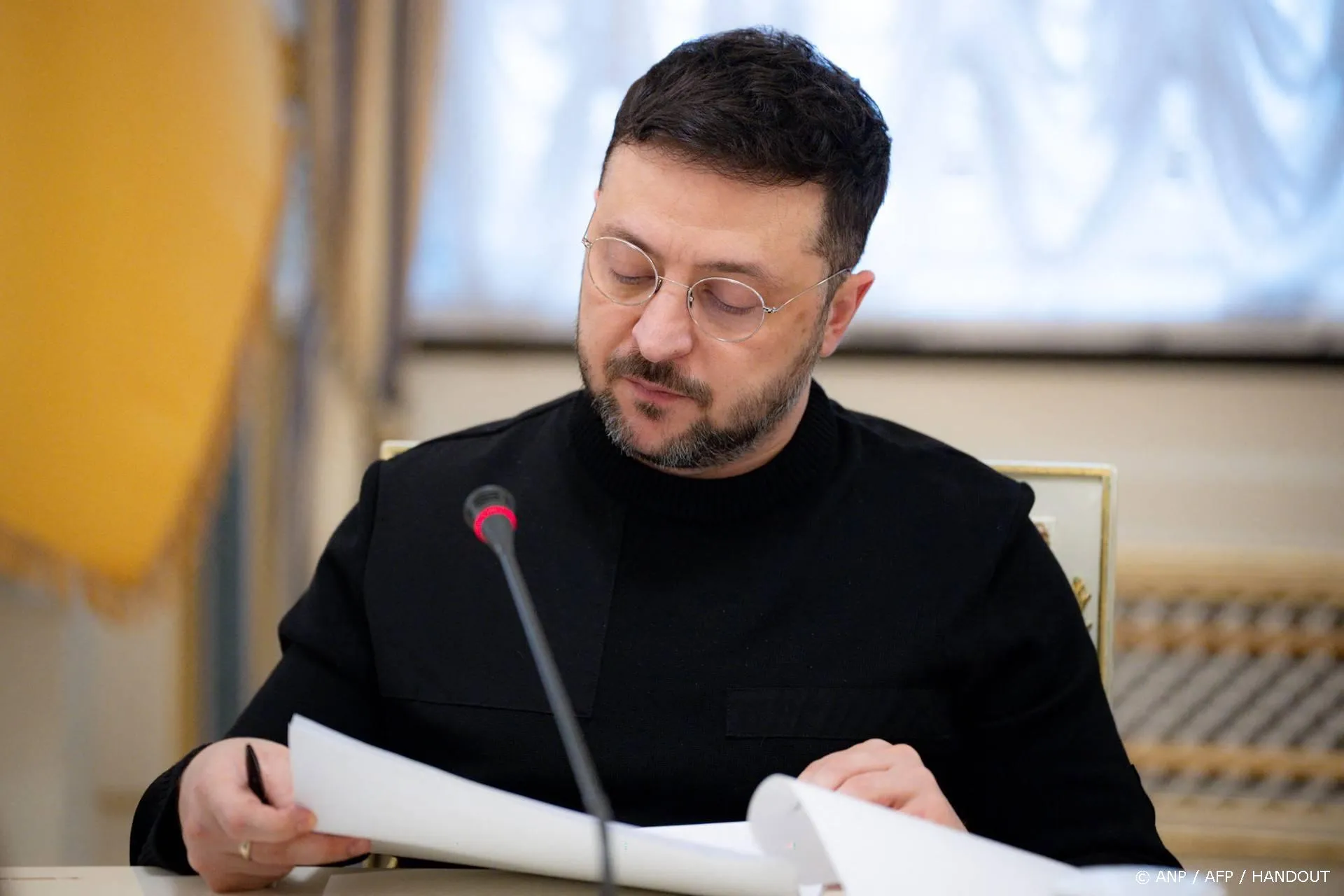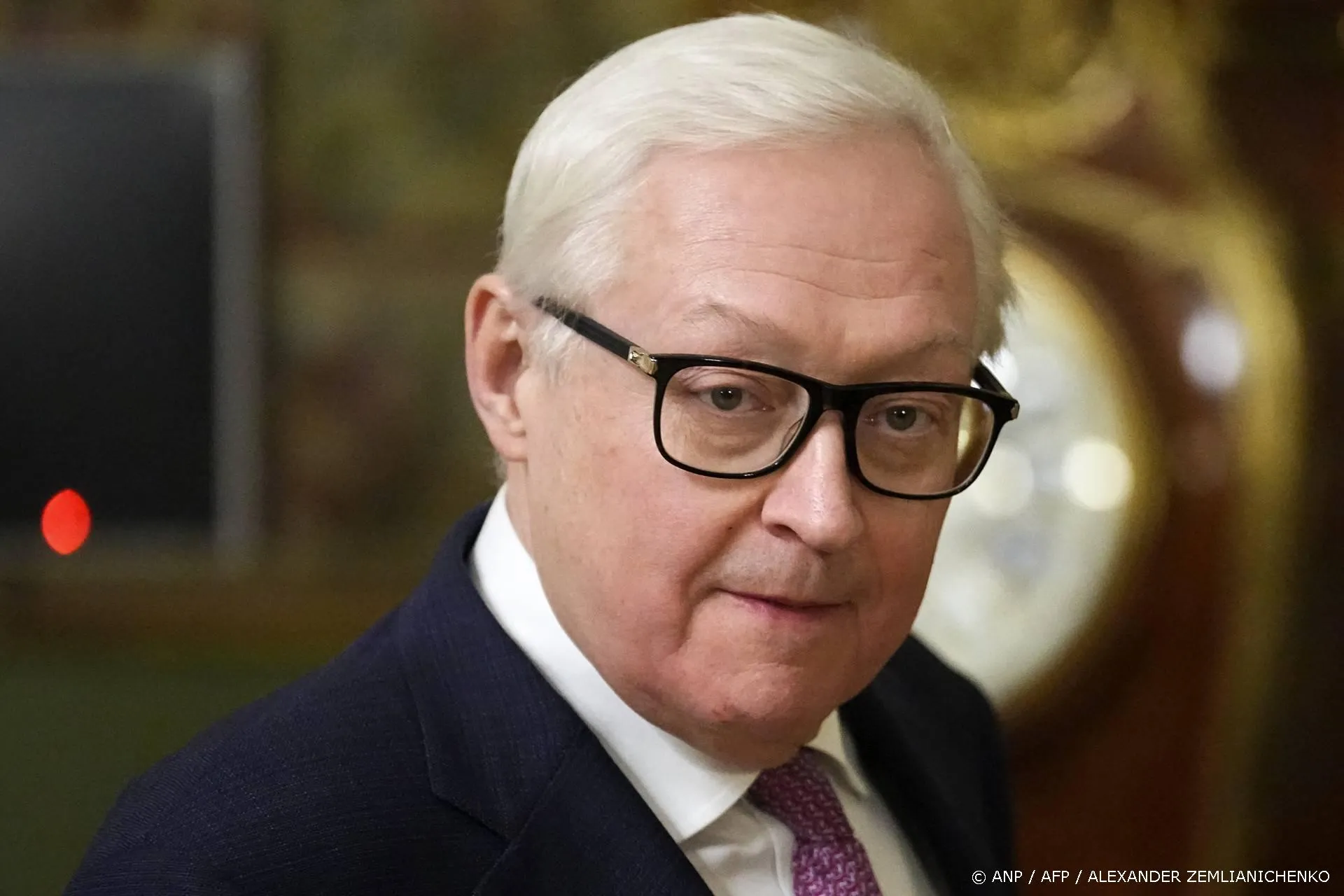SpiegelOnline over schaliegas
A revolution has gotten underway at a rate that has even surprised experts. US energy expert Daniel Yergin calls it "the biggest energy innovation of the decade." Today's estimates of the volume of gas reserves considered exploitable are several times higher than a few years ago, with prognoses ranging from two to six times as high as earlier estimates. ...
While the world fears a new oil price shock, the entire energy market is on the verge of a revolution. Companies are using increasingly sophisticated technology to tap new sources of natural gas. Drilling is also underway in Germany, where both the potential and the risks seem enormous. ...
In many parts of the world, geologists are now testing the ground for natural gas trapped in shale (shale gas), sandstone (tight gas) or coal seams, gas that has been largely unreachable in the past. Using a new technology called hydraulic fracturing, or "fracking," a sort of controlled earthquake, companies are now bringing the gas to the surface all over the globe, in Australia, China, India, Indonesia, Latin America and Europe. The entire planet is being resurveyed.
The authorities in Poland have awarded 70 concessions for exploratory drilling in the last two years. The race for the best reserves is also in full swing in Canada, where the Chinese are leading the pack. The Chinese energy company PetroChina has just spent $5.4 billion (3.9 billion) on a Canadian project. In the United States, however, the natural gas revolution is the furthest along. Newly discovered reserves there are already being exploited. About half of the natural gas consumed in the United States now comes from so-called unconventional sources. The country has already replaced Russia as the world's leading natural gas producer.
"We have twice as much gas as the Saudis have oil," boasts Texan investor T. Boone Pickens. The euphoria is being fueled all the more by current global fears of new oil price shocks. The crisis in the Middle East makes it painfully clear, once again, how dependent the world's economy is on petroleum reserves in the Arab world -- and how sensitively prices and growth react to any changes in the region.
And because only half as much CO2 is emitted during gas combustion as in coal combustion, the new boom will also have consequences for the world's climate, and for prices in the emissions trading market. The business of trading pollution rights will likely come under pressure, which in turn will affect renewable forms of energy. The cheaper CO2 rights become, the harder it is for electricity produced with wind power or solar energy to compete in the market. Hence, the new global gas rush is also triggering a cascade of effects that will change the world energy market and radically change companies. Corporations like Exxon, BP and Shell, which have seen themselves primarily as oil producers for generations, are now investing billions in the gas industry.
With each new project, more and more gas floods into the market, which is already saturated today, as evidenced by price trends in the United States. Almost every other commodity has become more expensive in the last year, while the price of natural gas has dropped by 27 percent. And the pricing pressure could continue if the gas supply keeps growing, says John Corben of the International Energy Agency in Paris. "It will help keep prices down."
In addition to changing worldwide energy markets, the emergence of new gas sources is leading to shifts in the global balance of power. Indeed, the dominant position of classic production countries, especially Russia, could soon erode strongly. Poland, on the other hand, could become a relevant player in the global market. Polish Foreign Minister Radoslav Sikorski already envisions transforming his country into the "next Norway" -- rich, important and independent -- particularly of its giant neighbor Russia.
Lees ook
Loading


